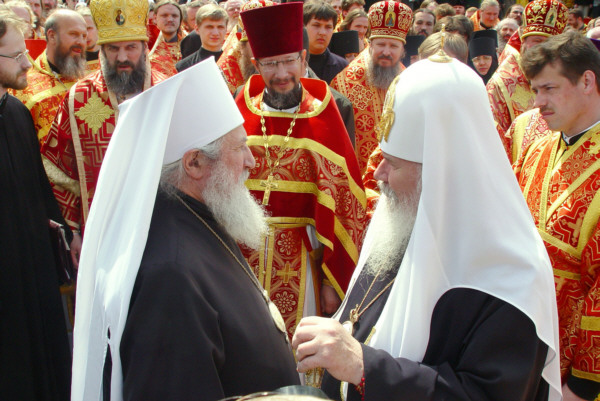not the whole truth
An earlier post in this blog reports that the Pontifical Commission Ecclesia Dei (PCED) "affirms, over and over again, that the Fraternity of St Pius X and its attendees are not excommunicates".
That short statement cannot be said to be telling the whole truth of the matter according to the PCED (if you accept its authority and competence, of course). Here it is:
(1) The Bishops consecrated without Papal Mandate in 1988 are excommunicated by virtue of Pope John Paul II's motu proprio "Eccelsia Dei".
(2) The priests of the SSPX are under the penalty of suspension, and hence not to exercise their priestly functions.
(3) In view of (1) and (2) and many other factors, the PCED does not recommend that the laity attend the Masses offered by the SSPX.
(4) No laity who attend the Masses offered by the SSPX have the canonical penalty of excommunication automatically applied on them.
(5) The laity who do find themselves at the SSPX anyway are not in sin if they attend out of a devotion to the old rite.
Because of points (1) and (2), point (3) does not prejudice (5). I dare to say that ignore point (3) at your peril. Its like entering the enclosure of wolves in a zoo, borrowing an analogy from InfernoXV. Most people shouldn't and must not enter (Point(3)) - but if you insist on going anyway, be very sure you understand the wolves very well (ie. remember points (1) and (2)) and know when not to touch them. Essentially, entering the wolves' enclosure is for zookeepers.

